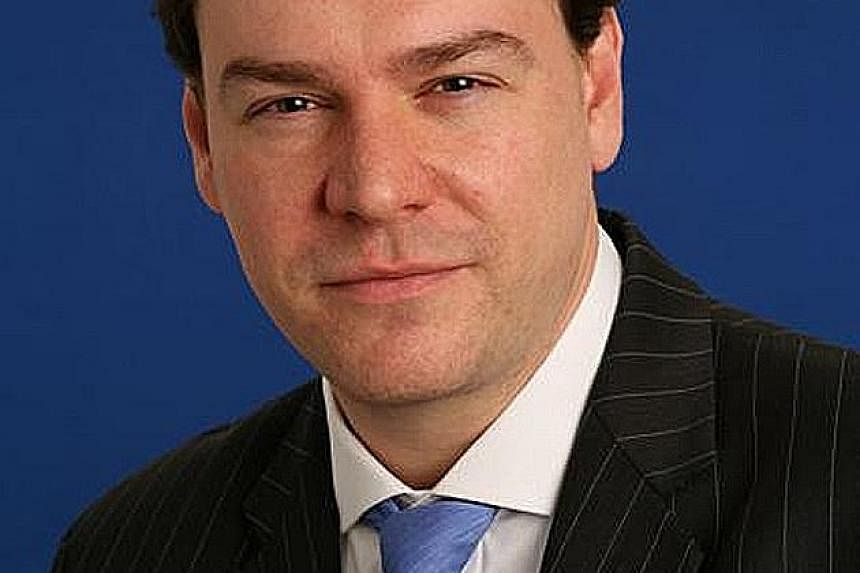EQUITIES in the food, healthcare, energy and information technology sectors are set to perform well, according to two investment strategists.
Euro zone equities will do better than their United States counterparts, added Citi Private Bank investment strategists Steven Wieting and Ken Peng.
They were speaking at a media briefing on key investment themes for the second half of this year, held in conjunction with the bank's Global Investment Outlook Roadshow.
Falling interest rates and improving credit availability, which drove asset prices in the past five years, would not be significant drivers of equities looking ahead, said Mr Wieting. This is because interest rates are at all-time lows and credit availability has already increased substantially, he said.
"We need different drivers of performance," he said.
He identified two growth drivers: working-age population growth outside of the world's largest economies and China, and income growth in emerging economies. These would cause consumption of food staples and healthcare services to grow.
"This is completely uncorrelated to interest rates and credit," Mr Wieting said. He also added that the energy and IT sectors would experience growth independent of credit and low interest rates. Mr Wieting also expected European equities to perform better than US equities, so long as the US expansion continued.
Europe was in the early stages of economic recovery and European company earnings were still "depressed". This was especially so for its peripheral economies.
There was thus more potential for economic recovery and growth in the euro zone.
"US does not enjoy the combination of both accelerating economic growth and easy monetary policy that the euro zone does right now," he said.
On the Singapore economy, Mr Peng said the economy is constrained by its labour policies and a strong currency.
"Policies for the local labour market have squeezed growth and profits in the past few years.
"This has got to a point where we're seeing both declines in employment and declines in industrial activity at levels last seen in 2009," Mr Peng said.
He also noted that Singapore's export competitiveness has been affected by the weakening of the yen and euro, and its currency strength relative to the other Asian countries apart from China.
Mr Peng also speculated that in the light of the "weak" economy and the upcoming elections, the Government might make changes to Singapore's monetary and fiscal policy before the polls.
"With inflation pretty low and additional pressure from the elections, there could be a turn in monetary and fiscal policy as we move closer to the elections."
He noted, however, that with the January 2017 election deadline not far away, there would be little time before then for economic policy changes to take effect.

